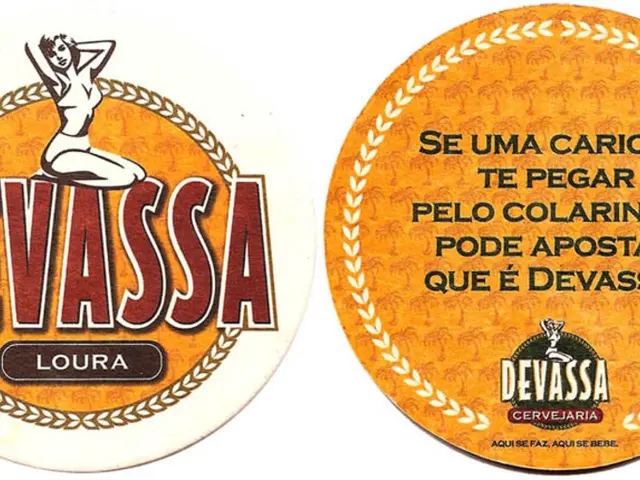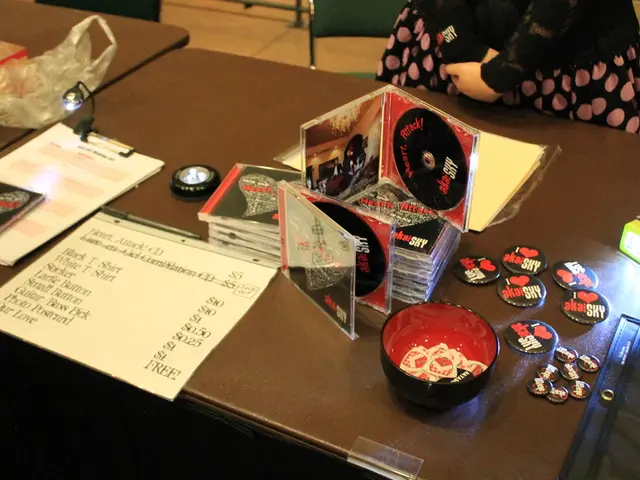FTC discontinues antitrust lawsuit against PepsiCo, claiming unfair pricing practices
The United States Federal Trade Commission (FTC) has dropped its price discrimination lawsuit against PepsiCo, which had accused the food and beverage giant of favoring Walmart with promotional benefits while charging higher prices to rival retailers. The lawsuit, filed in January 2025 and alleging violations of the Robinson-Patman Act, claimed PepsiCo's discriminatory pricing distorted fair competition, leading to potentially elevated consumer prices.
The decision to drop the case stirred controversy, with FTC Chairman Andrew Ferguson criticizing it as a rushed, politically motivated action initiated just before the Trump administration took office. Ferguson deemed the lawsuit a "partisan stunt" and asserted that taxpayer funds should not be used to support legally dubious partisan endeavors.
Lina Khan, former FTC Chair who had authorized the lawsuit, lamented the decision to dismiss the case, asserting it was a "gift to giant retailers" that could enable them to hike prices. Khan's sentiment underscores her stance that abandoning the case undermines efforts to curb anticompetitive pricing practices by dominant retailers, which can harm consumers by limiting pricing transparency and competition.
The potential implications of the withdrawal could lead to increased pricing power for large retailers like Walmart, allowing them to raise prices without fear of regulatory scrutiny. This could result in persistent or increased consumer prices due to the lack of competition. The FTC's decision represents a shift in regulatory focus, potentially limiting the federal government's role in ensuring fair competition and protecting consumers from unfair pricing practices.
In summary, the FTC's dismissal of the case against PepsiCo signals a retreat from aggressive enforcement of price discrimination laws, which aim to maintain fair competition and protect consumers from inflated prices. Critics argue that this could empower dominant retailers, enabling them to charge higher prices without fear of regulatory oversight, representing a setback for efforts to ensure equitable pricing in retail markets.
The controversy surrounding the FTC's decision to drop the price discrimination lawsuit against PepsiCo has raised questions about the role of the media in reporting on business-related legal disputes. this scenario could potentially alter the advertising strategies of businesses within the industry, as they may perceive a decreased risk of legal repercussions for anticompetitive pricing practices. The potential impact on consumer finance is significant, as elevated prices could lead to increased costs and reduced purchasing power. The social media sphere has been abuzz with discussions about the implications of this decision, with many expressing concern over the potential consequences for fair competition in the retail industry.





